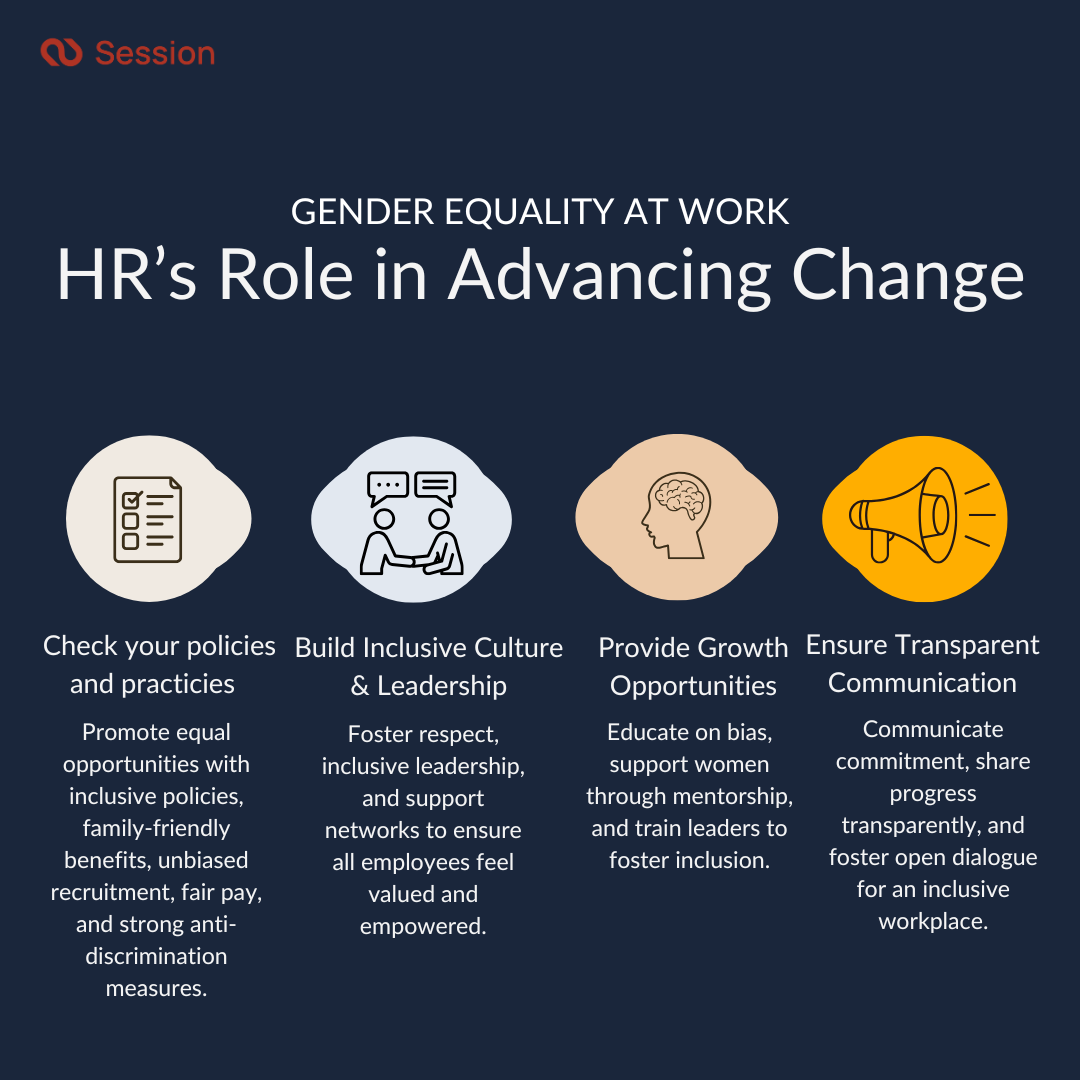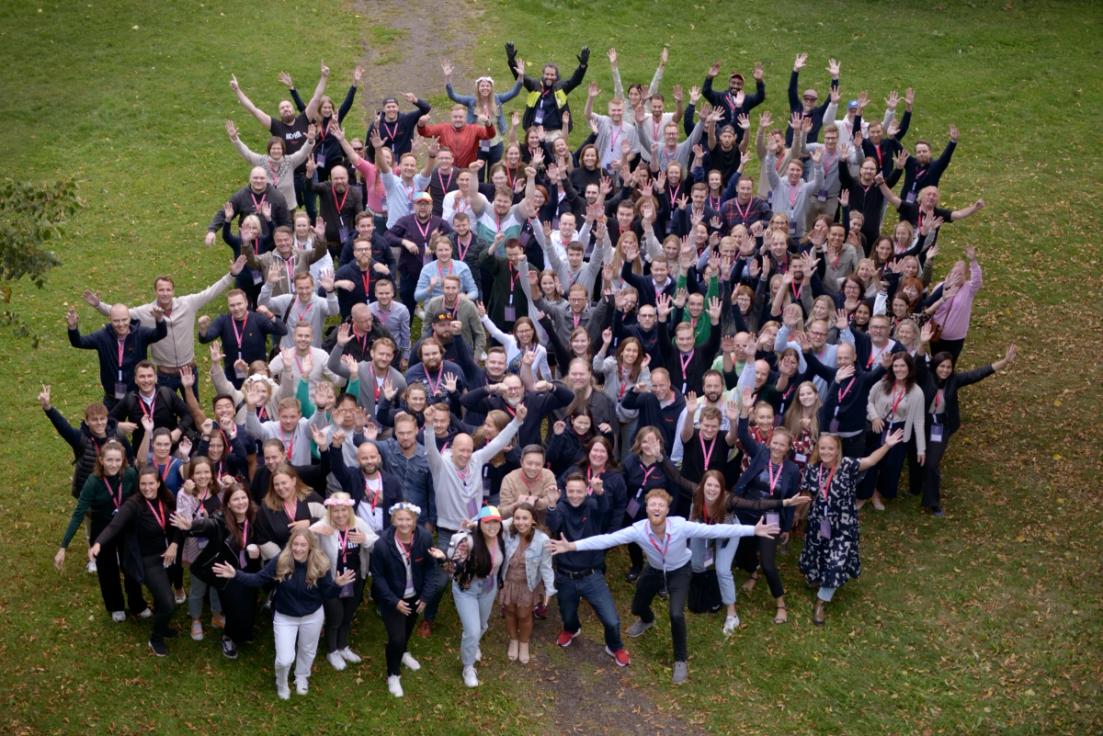Gender equality in the workplace is not just a moral imperative; it's a business necessity. Diverse and inclusive workplaces are more innovative, productive, and profitable. Yet, progress towards gender equality has been slow. This guide explores why gender equality matters and provides actionable strategies for HR professionals to accelerate change.
Advancing Gender Equality: Why It Matters
- Fairness and Justice: Everyone deserves equal opportunities to succeed, regardless of gender. Gender equality ensures fair treatment in hiring, promotion, and compensation.
- Economic Benefits: Gender-diverse companies are more innovative and have better financial performance. Gender equality also contributes to a stronger overall economy.
- Social Impact: Gender equality empowers women, reduces poverty, and improves health and well-being for all, especially because women in many households still are the ones who make sure there is food on the table and ensure financial stability.
- Organizational Culture: Inclusive workplaces foster collaboration, increase employee engagement, and strengthen employer brand.
- Future of Work: Gender equality is essential for building an adaptable and resilient workforce in a rapidly changing world. Those who do not prioritize gender equality end up losing the battle for talent!

How HR Can Accelerate Action
HR professionals play a crucial role in driving gender equality in the workplace. There are different areas within which actions can be taken. Let’s take a closer look at them in the following:
1. Make sure your Policies and Practices are Promoting Equal Opportunities
- Implement Family-Friendly Policies: Offer flexible work arrangements, parental leave, and childcare support to create a more inclusive workplace.Identify and address any gender-based pay disparities.
- Review Recruitment and Promotion Processes: Ensure equal opportunities for all genders in the recruitment process and advancement processes. Ensure that these processes are free from bias.
- Develop Anti-Discrimination Policies: Establish clear policies and procedures for addressing gender discrimination and harassment. Monitor progress towards gender equality goals and identify areas for improvement.
2. Foster an Inclusive Work Culture and Leadership
- Nurture a culture of respect and care: Create a workplace where everyone feels valued, respected, and supported, regardless of gender, ensuring that inclusion isn’t just a policy but a lived experience every day.
- Develop inclusive leaders: Provide training and resources to help leaders recognize and address gender bias, empowering them to foster an environment where diversity is embraced, and inclusion is actively promoted at every level.
- Support Employee Resource Groups: Encourage the formation of employee resource groups to provide support and community for women and other underrepresented groups.
3. Offer Learning and Development Opportunities
- Provide Unconscious Bias Training: Educate employees about unconscious bias and its impact on decision-making.
- Offer Mentorship and Sponsorship Programs: Support the development and advancement of women through mentorship and sponsorship opportunities.
- Develop Inclusive Leadership Training: Equip leaders with the skills and knowledge to create inclusive teams and foster a sense of belonging.
4. Ensure Clear Communication and Transparency
- Communicate Commitment to Gender Equality: Clearly articulate the organization's commitment to gender equality and the actions being taken to achieve it. This includes outlining the specific actions being taken to create a fair and inclusive workplace and ensuring that this commitment is consistently communicated across all levels of the organization.
- Be Transparent about Progress: Share data and progress updates on gender equality initiatives with employees and stakeholders.Transparency not only builds trust but also holds the organization accountable and highlights both successes and areas for improvement.
- Encourage Open Dialogue: Create a safe space for employees to discuss gender-related issues and provide feedback. Open conversations are essential for identifying challenges, driving change, and ensuring that all voices are heard and valued.
By putting these strategies into action, HR professionals can play a key role in driving gender equality in the workplace and building a more inclusive, equitable, and successful organization. At Session, we see these not as “nice-to-have” initiatives, but as essential steps that make perfect sense.
Want to explore more on fostering fair, inclusive, and gender-equal workplaces? Tune into our webinar on the topic:
Gender Equality at Work: Accelerating Action










